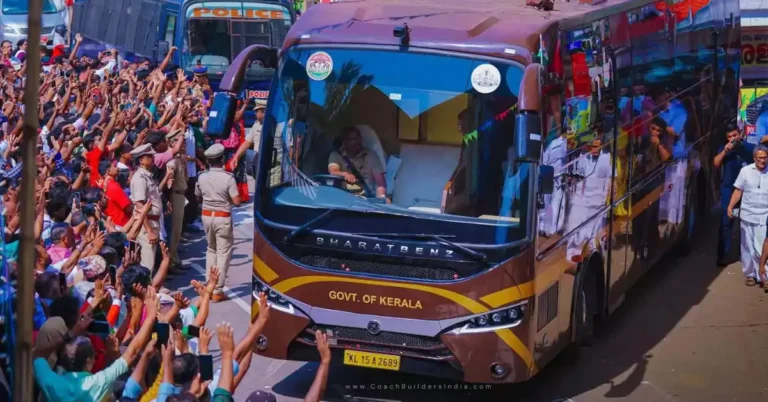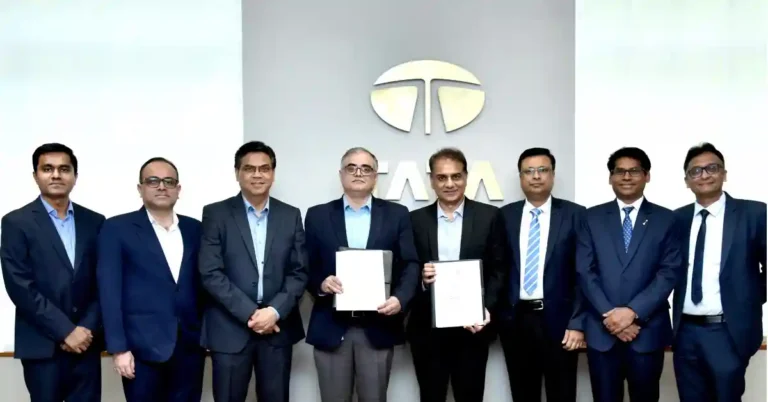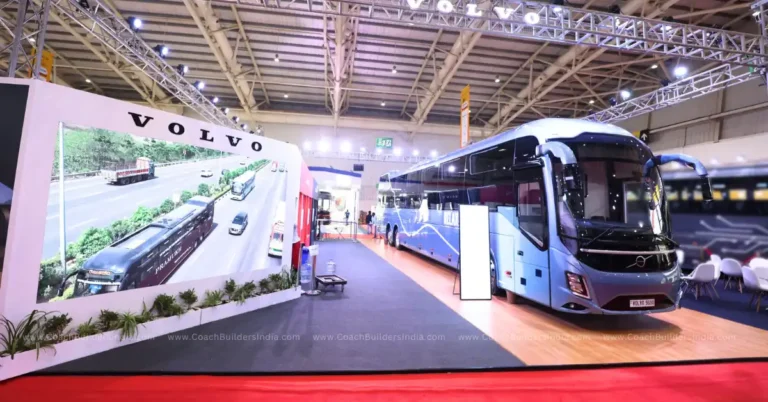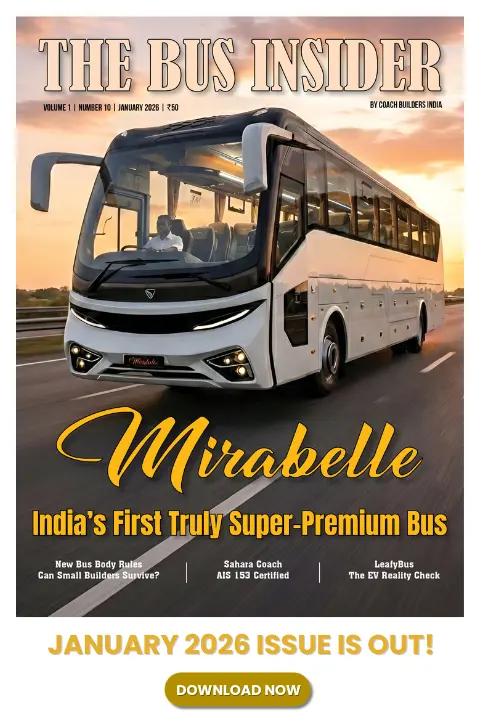Farewell to the Iconic Double-Decker Buses of Mumbai After 80 Years of Service
A legacy of eight long decades has finally come to an end. The red double-decker buses of Mumbai will be off the roads from today.
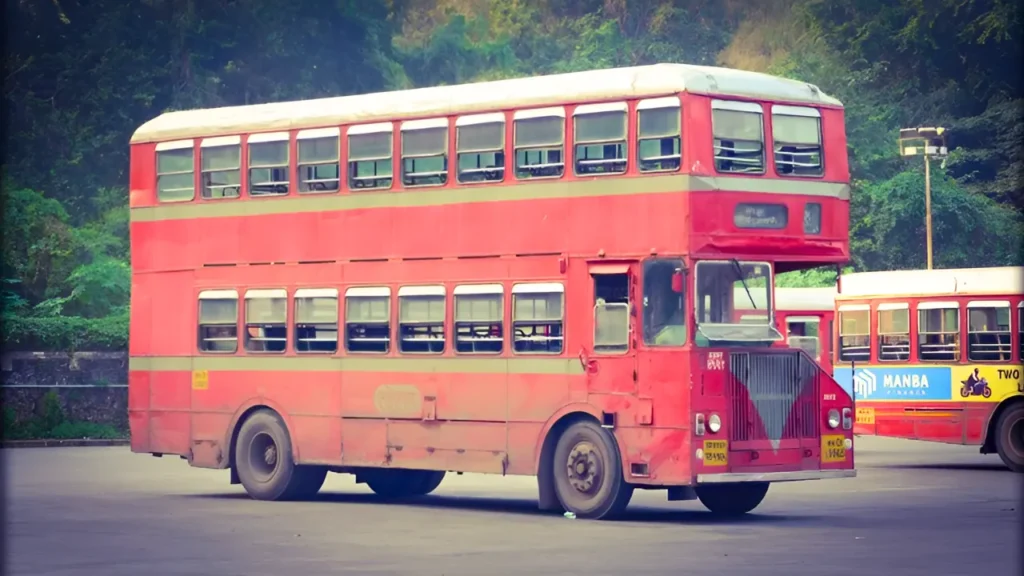
In an emotional moment for the city, Mumbai’s cherished red double-decker buses, an integral part of its public transport heritage for over eight decades, are set to bid adieu for good today.
The Brihanmumbai Electricity Supply and Transport (BEST) administration confirmed that these iconic vehicles will no longer grace the city streets from the first week of October.
Advocates of public transport and bus enthusiasts are fervently appealing to BEST to preserve at least two of these historic buses at its Anik depot-based museum.
Their impassioned plea has reached the highest offices, with letters addressed to the Maharashtra Chief Minister and Tourism Minister, along with the BEST administration.
Presently, the fleet comprises only seven double-decker buses, including three open-deck variants, as reported by the Economic Times.
Given that these vehicles have reached the end of their mandated 15-year operational life, the double-decker buses will cease operations permanently as of September 15, 2023.
On the other hand, the open-deck buses will be withdrawn from service on October 5, 2023.
Legacy of Mumbai’s Double-Decker Buses

Mumbai holds a unique distinction as the sole city in India with a substantial fleet of double-decker buses in public service. The inception of the red double-decker buses in Mumbai dates back to 1937.
One of the first double-decker routes in Mumbai ran from Colaba in the south to Mahim in central Mumbai.
Over the decades, they evolved into an emblem of the city itself and even made indelible appearances in Bollywood movies set in Mumbai.
In the early 1990s, BEST boasted a fleet of approximately 900 double-decker buses. However, this number gradually dwindled after the mid-90s, primarily due to the escalating operational costs. The administration decided to halt the addition of double-decker buses to their fleet after 2008.
Starting February 2023, BEST initiated the replacement of these iconic double-decker buses of Mumbai with leased battery-powered double-decker buses. To date, around 25 of these buses have been introduced.
Furthermore, BEST has disclosed plans to procure open-deck buses dedicated to sightseeing, with the acquisition process already underway. In the interim, the new battery-run double-decker electric buses will cater to the city’s tourists.
Why were the Double-Decker Buses of Mumbai stopped?
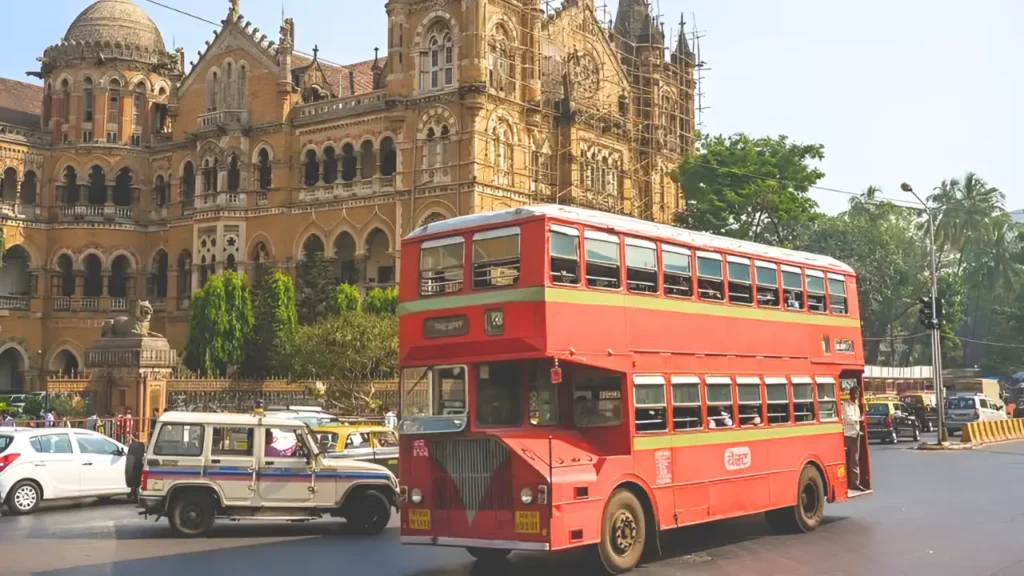
As Bombay expanded, so did the number of these iconic buses, peaking at 900 in the 1960s. However, challenges emerged, including scarcity and high costs of spare parts, logistical difficulties in transportation, and increasing fuel consumption.
These factors contributed to the phased retirement of the iconic red double-decker buses of Mumbai. As years went by, BEST stopped buying new double-decker buses. Ev culminating in the current count of 48, which are slated for complete phase-out by 2023.
It wasn’t until 1955 that the Indian firm Ashok Leyland commenced local production of double-decker buses.
Prior to that, foreign companies like Daimler, AEC, and Leyland Motors dominated the production scene, owing to their introduction during British colonial administration.
New Environment-Friendly Double-Decker Buses in Mumbai
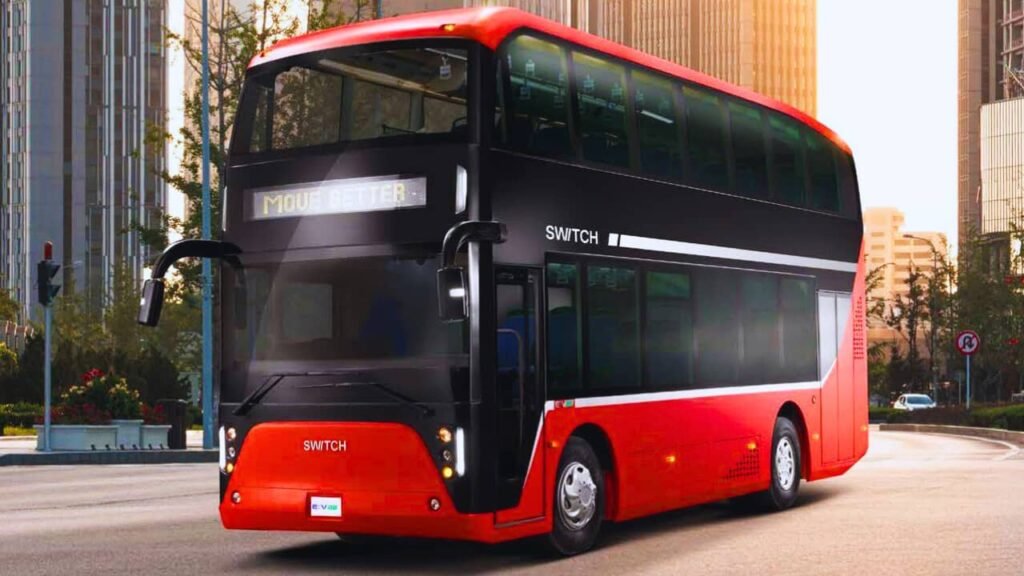
Since February 2023, BEST started replacing the iconic red double-decker buses of with leased battery-run double-decker buses, and so far, about 25 such buses have been introduced. These buses are being supplied by Ashok Leyland subsidiary Switch Mobility.
The new AC, double-decker electric bus, known as ‘Switch EiV 22’ represents a significant step towards environmental sustainability. It is powered by a 231-kWh capacity, 2-string, liquid-cooled, higher-density NMC chemistry battery pack with a dual gun charging system.
This advanced technology provides the electric double-decker with a range of up to 250 kilometers, making it ideal for intra-city applications.
The introduction of these eco-friendly buses demonstrates Mumbai’s commitment to a greener and more sustainable public transportation system.
Catch the latest Bus Industry updates, Exclusive Interviews, Bus News, and International Bus News on Coach Builders India. Download the latest issue of the The Bus Insider magazine for more insights.

